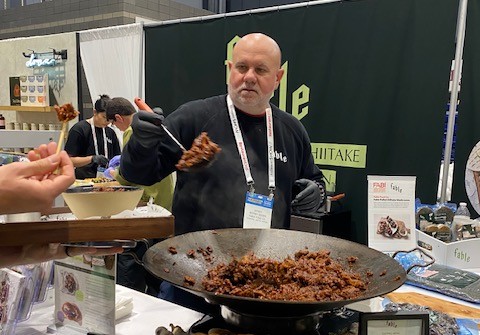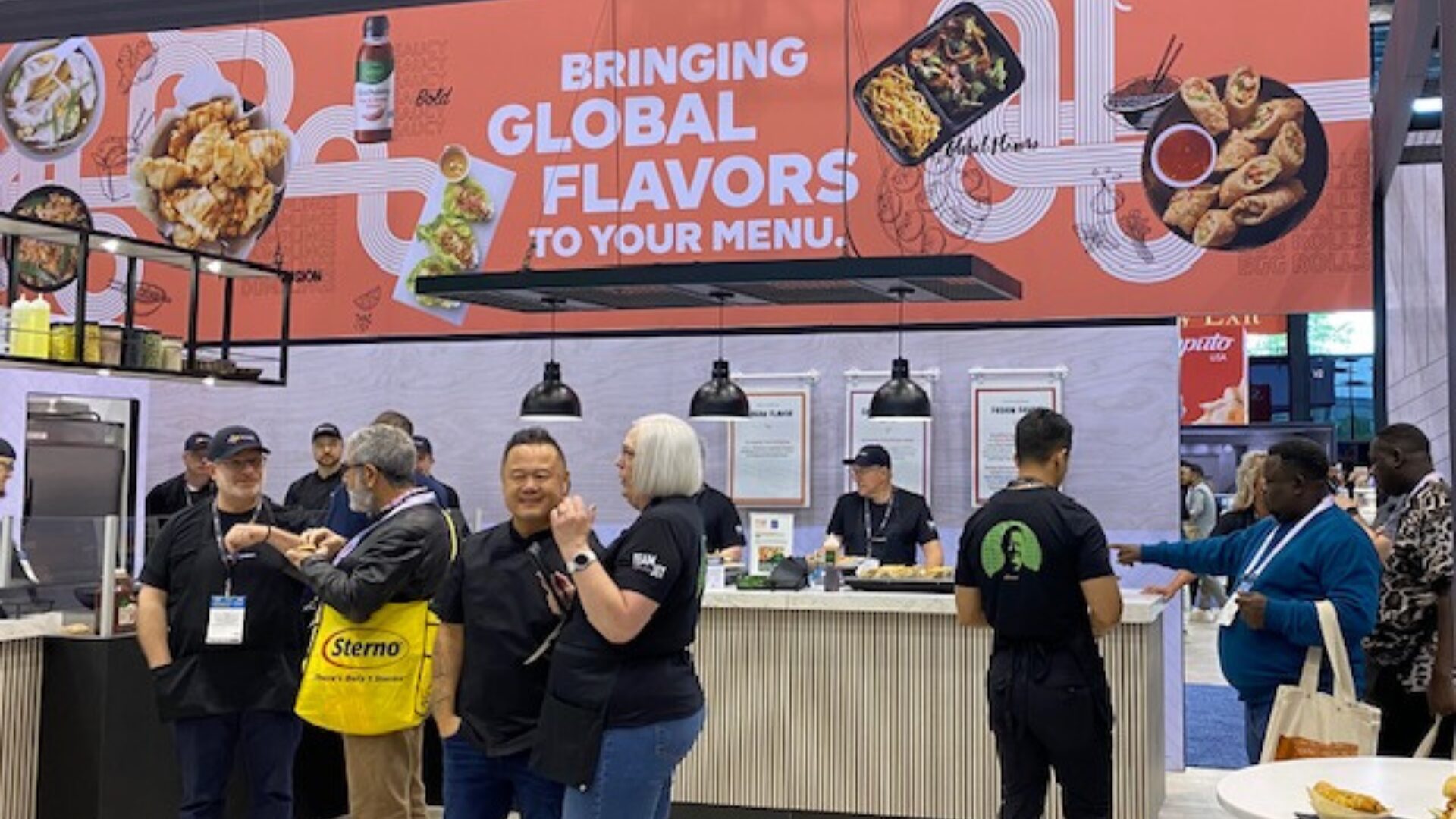The plant-based industry has experienced unprecedented growth, consumer excitement, and market traction over the last several years – all of which have inspired many industry leaders, including myself. The goal of encouraging a more plant-based lifestyle was to not just rethink how we eat to ensure food security for decades to come, but more broadly as a meaningful way for people to reduce their overall carbon footprint.
However, it’d be foolish to not acknowledge overall trends pointing to stagnation of first-generation plant-based protein makers after years of growth.
This sudden change may cause concern for many plant-based food leaders and companies – but not for me. No, I am not ignorant of the market shifts, but I remain optimistic about the future of meatless food and where the space is heading in the year ahead. Here’s why:
I’ve always searched for answers within nature and I find solace in knowing that major periods of exciting growth and expansion – within a budding forest, for example – are really the foundation for an even stronger, more mature, and long-lasting ecosystem. The natural succession of a forest, beginning with a quick and seamless takeover by cedars, is evidently making room for the strong maples that will withstand the test of time. Maples are preceded by cedars, but are far stronger.
Just like the succession of trees in a forest, the next generation of plant-based products will undoubtedly combat the slowing market velocity, as new techniques and solutions come to light.
I anticipate that advancements in biotechnology and manufacturing will unlock a new realm of rich meats with nature-centric ingredient labels. Clean, natural, plant-based proteins can help not only strengthen the industry amid market volatility, but heal the planet.
Nature has the answers to emphasize taste and nutrition.
As mentioned before, I’ve found the answers to most of my questions in nature. Mother Earth is powerful and wise, and I believe the food industry’s qualms – from environmental sustainability to food security – can be solved with her help.
Gone is the desire to have food products masked as “healthy” options that contain ingredients consumers can’t even pronounce.
If plant-based products are going to have a long-term future in our food chain, a clean and trustworthy label is a hands-down priority.
Consumers must feel confident in what they’re purchasing and eating. This is where the next evolution of meatless options comes into play – fungi-derived mycelium included. The market is ripe for next-generation offerings that solve the shortcomings of overhyped first-generation players such as long, over-processed ingredient labels, and questionable health claims.
Consumers deserve meatless “real food” options that satisfy what their bodies truly want and need. For example, fungi are rapidly gaining steam, and we’re only scratching the surface of their capabilities. Once cooked, its roots (mycelium) replicate the chew, the texture, and even the smell of animal meat. And the result is a whole-cut product, not ground, just like we’re used to consuming in traditional animal proteins like bacon or steak.
I’ll continue to repeat my simple yet strong sentiment – we don’t need to look further than the forest for the answers to many of our problems.
Biotech can pave the way for a new future of agriculture and food.
It would be ideal for everyone to have access to freshly plucked produce and nutrients but, unfortunately, that’s not a viable option for feeding the planet – which is where the capabilities of biotechnology come into play.
The path forward is not abusing our modern-day advancements, but instead coupling them with the wisdom of the woods to live in harmony with Mother Nature.
Biotech is all about studying and working with living systems. Implementing new technologies to age-old fermentation applications (e.g. liquid fermentation) unlocks a whole new realm of innovative products with clean, nature-centric ingredient labels.
Bio-based technology and manufacturing offer many opportunities to meet human needs sustainably, at worldwide scales.
As the industry continues to mature, we’ll not only introduce entirely new crop opportunities to seasoned farms and provide them with new crop opportunities – such as indoor vertical farm retrofits to grow raw mycelium – but also shift global consumer culture into better alignment with the planet.
Unlike prior industrial revolutions where we released coal dust or plastic into the environment or farmed animals in unsustainable and unethical environments, mycelium meat factories are clean indoor farms that use very little water and emit clean air vapor, delicious mycelium meat, and compost. These are the models of the factories of the future.
Now, we’re only in the beginning stages of innovating with the complex biological machinery, inspired by nature, which can have sweeping impacts on everything from manufacturing to medicine to food. Despite the skeptical headlines we’re reading today, in the years ahead, I expect meaningful advancements that work in lockstep with Mother Earth to help feed our future.
Editor’s note: Eben Bayer is the CEO and co-founder of MyForest Foods, a U.S. food technology company and CPG brand. MyForest Foods’ proprietary platform uses the natural ingredient mycelium to grow nutrient-rich fibers that replicate the textures and mouthfeel of meat.












